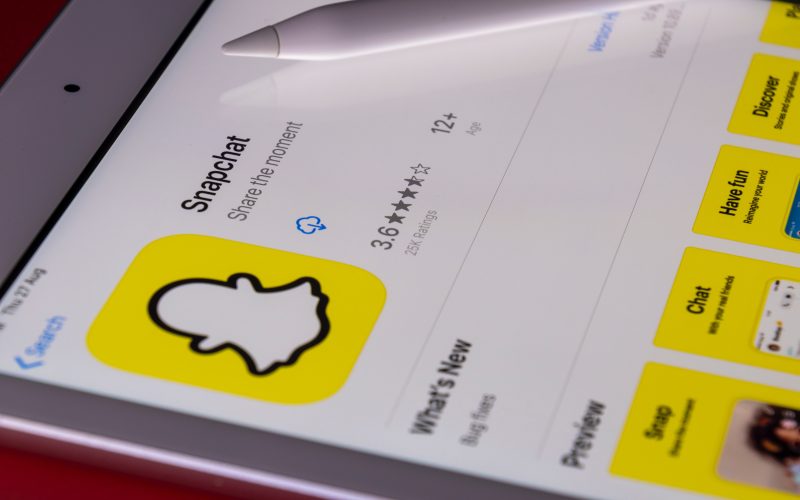What Are Snapchat Scams?
Snapchat, a popular social media app, has amassed over 332 million daily active users worldwide. Users only have to be 13 years old to create an account. The popularity of the app, low age barrier, and “disappearing” nature of the chats and Snaps attract scammers looking to victimize users.
Scams are when a deceptive person tries to gain information or money through false promises. These people often offer “easy” ways to get rich or a desperate friend pleading for help. If you’ve fallen for one of the following scams, or one similar to them, it’s not too late to find out if your information is compromised. Finally, there are ways to prevent yourself from being scammed again.
Types of Snapchat Scams
1. Phishing
This is a scam is where the scammer will send you a link to a site that will ask you to input valuable information, such as your personal information, Snapchat login information, or credit card information. To persuade you to click these links, they may offer incentives like money, “unlocking” your account, or other deceptive promises.
2. Friend Needs Help Scam
This scam preys on the user to trust that the friend is using their own, not compromised account their friend’s account. The scammer logs into a person’s account using their compromised login credentials found on the dark web.
Once the scammer has unauthorized access, they will reach out to everyone on that person’s friends list. The scammer typically asks for money due to an unfortunate circumstance or sends phishing links. Beware of being asked to cash a check for them or your login credentials.
3. Catfishing
This isIt is a type of scam where a person will pretend to be an attractive person online and build a relationship with you. Once a connection is created, the person will ask for money or other redeemable forms of payment. The scammer may make promises to meet, but they never do.
This scam is where a “Sugar Mommy” or “Sugar Daddy” will reach out and ask for you to be their “Sugar Baby.” They may promise money and expensive gifts over Snapchat direct message or through text messages. However, they will often ask for financial information like account numbers or a deposit to “prove” your loyalty. Once again, these promises never are fulfilled.
What Do I Do if I Got Scammed on Snapchat?
If you gave the scammer your login information, report your hacked account to Snapchat. Report, block, and cease contact with the hacker who gained access to your account. Victims of a Snapchat Scam might also receive suspicious emails and phishing messages.
Many victims of Snapchat scammers risk having their bank accounts emptied, credit cards used without permission, identity stolen, and sensitive information such as email addresses leaked. These situations may occur depending on the scammer and the information that you shared with the scammer. Check out Agency’s free Dark Web Scan to see if your passwords are on the dark web due to a data breach!
How Can I Avoid Getting Scammed On Snapchat?
- Don’t accept random friend requests.
- Never provide personal information to someone you don’t know and trust.
- Never send money, gift cards, etc., through any method to someone you met on Snapchat.
- Don’t open emails or links that claim your Snapchat account is locked.
- Don’t click on unknown links received through Snapchat.
- If a friend asks for help or money, check with them through a different messaging platform to ensure their accounts are safe from hackers.
Agency provides business-level protection to individuals. Some benefits include blocking phishing scams with a VPN, access to 1Password where users can auto-generate unique passwords for every account, and 24-7 real-time monitoring of your devices (while still providing you privacy!) Consider purchasing an affordable, personal cybersecurity plan.
Loss of money is one of the most common results of being scammed. Some credit card companies and monetary transfer platforms have policies to reverse scams, so it’s advisable to contact the appropriate companies to ask about refunds. Moreover, Agency’s cybersecurity plans provide $1M of coverage for personal cyber-attacks, loss of use, repair, replacement, and ID theft.
Snapchat scams are common, and it’s critical to be aware of the predatory nature of such scams. It’s also advisable to protect your personal information online, which we can help facilitate using a new cybersecurity service called Agency.







